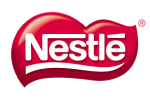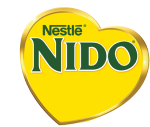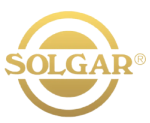
Making travel retail fly
Our aim is to elevate the customer journey from the very beginning. By providing engaging experiences and environments, we entice and delight customers and turn waiting times into opportunities for exploration.
Have the world’s largest food company as your travel retail companion...
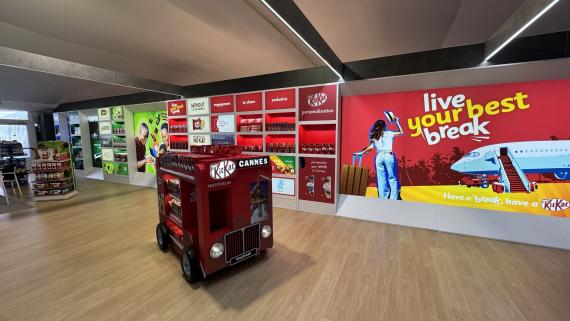
News just landed
Looking ahead: Nestlé International Travel Retail on innovation, exclusivity and sustainability
TFWA World Exhibition - Nestlé International Travel Retail (NITR) is looking to the future with a focus on its Food #1 mission, new product developments, and an ongoing commitment to sustainability.

Nestlé Sustainably Sourced Cocoa
Nestlé Sustainably Sourced Cocoa is our new NITR exclusive range and is a direct result of the company’s work to support cocoa farmers and their communities which is accredited by the Rainforest Alliance.
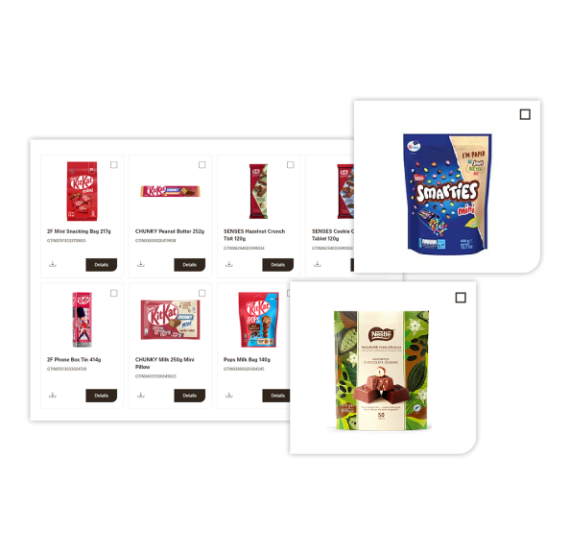
Welcome to Travel Retails business lounge
Let your business take off with helpful product information, guidelines, packshots and more. We have all you need to deliver exceptional customer experiences and drive sales.




